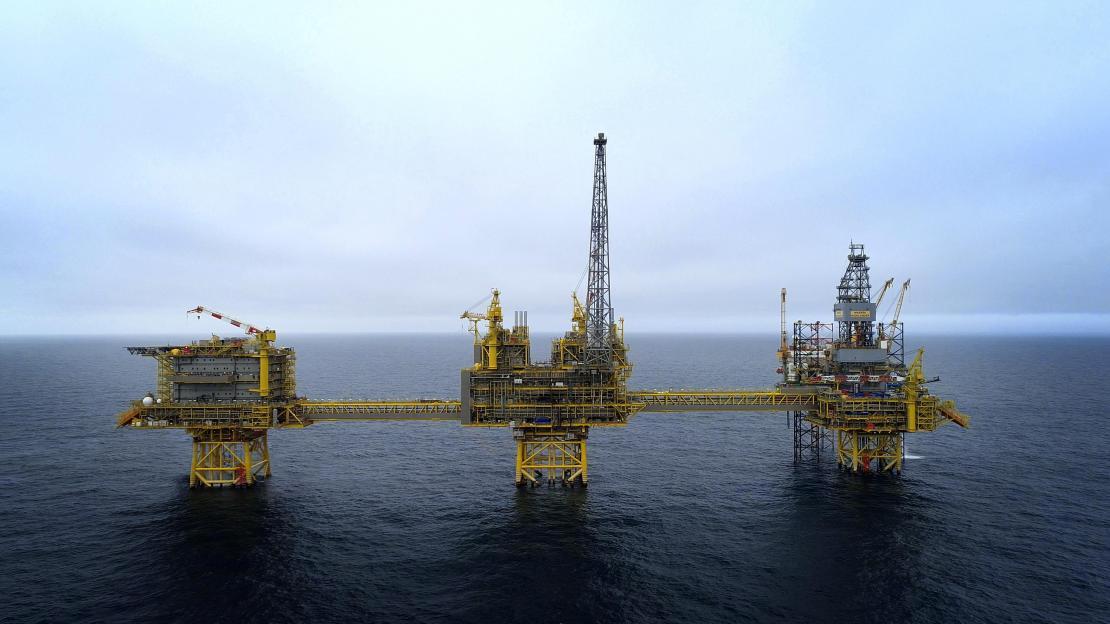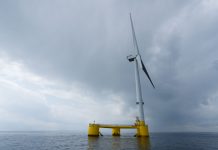Two of the North Sea’s most experienced hydrocarbon companies committed today to co-develop Viking CCS, the Viking former gas field’s dedicated carbon capture & storage system in the North Sea.
As minority partner, BP joins independent oil and gas multinational Harbour Energy in a 40:60 venture to bring forward the planned subsea storage & pumping facility, with associated job-creation on Humberside.
Today’s announcement follows energy ministry D-ESNZ’s decision to launch Track 2 of its CCS cluster sequencing process. Whitehall looks on Viking CCS as one of the two leading contenders for approval as transport and storage systems for carbon dioxide.
Originally licensed to Conoco UK Ltd, later ConocoPhillips, the Viking field produced methane, ethane & propane from 1972 until 1998.
In 2019, an extractor then called Chrysaor assumed ownership of Conoco-Phillips’ assets in the North Sea. In March 2021 Harbour Energy arose as the product of Chrysaor’s merger with Premier Oil.
Viking CCS’s backers are scheduling the reservoir to open in 2027. Harbour and BP say it has the potential to meet one third of the government’s target to capture up to 30 million tonnes of CO2 a year by the end of this decade.
In local benefits, the scheme’s delivery could, its supporters claim, unlock an estimated £4 billion of gross value add to Humberside & north Lincolnshire, including creating over 10,000 jobs during construction. A further £3 billion of investment across the full CO2 capture, transport, and storage value chain could follow by the early 2030s.
A final go-ahead on investment must wait until next year, pending the outcome of the Track 2 Cluster Sequencing Process. If operational as planned by 2027, Viking CCS could incarcerate as much as 10 million tonnes of the gas by 2030.
Harbour Energy’s chief executive Linda Cook said: “We welcome the UK government’s recent announcement about the launch of Track 2 and the addition of BP as a partner to this transformational project. Viking CCS has the potential to unlock billions of pounds of investment across the full CCS value chain and is crucial for the UK to meet its emissions reduction targets.”
Anja Dotzenrath, executive vice president of gas and low carbon energy at BP, said: “We’re extremely excited to be joining Viking CCS, a project which can play an instrumental role in helping to decarbonise the UK and providing CO2 transport and storage as a service to emitters across industry sectors and geographies, including as a future CO2 shipping destination.”




